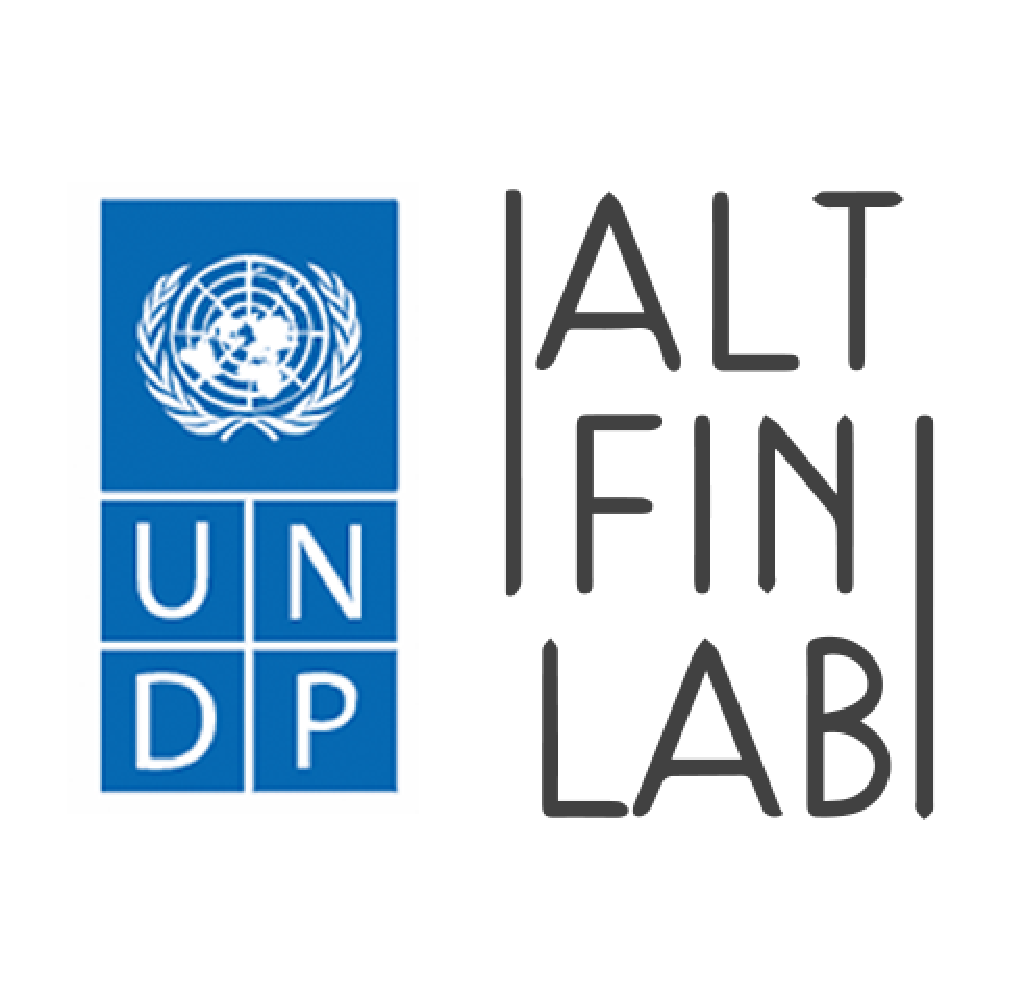
ES Fellowship Programme
The Exponential Science (ES) Fellowship Programme is designed to bring together leading researchers, entrepreneurs, and industry pioneers who are actively shaping the future of emerging digital technologies, including:
Key Technology Areas:
This programme aims to empower individuals to advance scientific research, policy, and innovation, ultimately contributing to the responsible and impactful development of these technologies.
For full details, please refer to the Exponential Science Fellowship Policy here.
Meet Exponential Science Fellows
Exponential Science Fellows are at the forefront of deep tech research, leading groundbreaking and transformative breakthrough to propel the industry forward.
Former Exponential Science Fellows
Apply or Nominate a Fellow
Recognise leadership in emerging digital technologies. Apply or nominate someone to help drive innovation and impact.
Eligibility Criteria
Learn about the qualifications and requirements for Fellowship applicants, nominees and nominators. Ensure you meet these criteria before proceeding with an application or nomination.
Science Fellowship Applicants and Nominees
Requirements:
Non-eligibility:
Applicants and Nominators
Applicants
Nominators:
Non-eligible Nominators:
Benefits for Science Fellows
Fellows gain access to various resources for projects conducted in collaboration with ES, including:
Tools and Research Support
- Exclusive access to ES research datasets and specialised technology tools.
Support in developing DLT, AI, Quantum, Spatial Computing, and other emerging digital technologies initiatives.
Access to computational and cloud storage resources.
DevOps, engineering, and research assistance to enhance projects.
Speaking and Networking Opportunities
- Invitations to speak at ES conferences, roundtables, and expert panels.
Opportunities to network and collaborate with global leaders, industry experts, scholars, and early-career professionals in emerging digital technologies.
Administrative and Marketing Support
- Administrative support for grant applications.
Marketing support and event sponsorship.
Responsibilities of Fellows
Science Fellows play a crucial role in advancing the field of emerging digital technologies. Discover the key responsibilities and expectations for those selected for this prestigious program.
Research & Innovation
Drive research and innovation in DLT, AI, Quantum, Spatial Computing, and other emerging digital technologies.
Policy Engagement
Engage in policy discussions, contributing to regulatory frameworks and industry standards.
Leadership
Act as thought leaders and advisors within the community.
Mentorship
Mentor emerging talents and support ES's education and grant programs.
Collaboration
Collaborate with policymakers to promote fair and transparent technology adoption.
Knowledge Sharing
Help disseminate research and innovation conducted at ES, contributing to knowledge-sharing and impact.
ES Initiatives Participation
Attend and/or host meetings, committees, events, conferences, and other ES initiatives as needed, upon request by ES.
Application and Nomination Process
Understand the step-by-step journey from application or nomination to selection. This transparent process ensures that only the most qualified and innovative individuals are chosen as ES Fellows.



